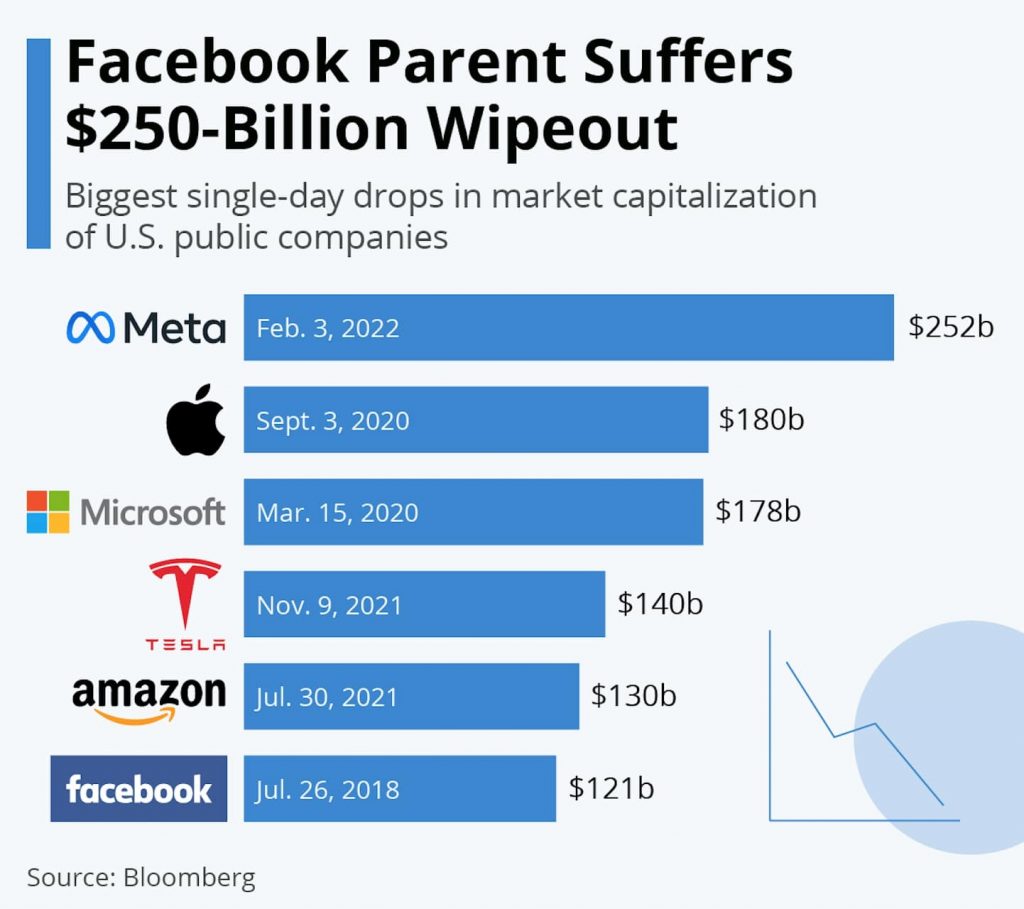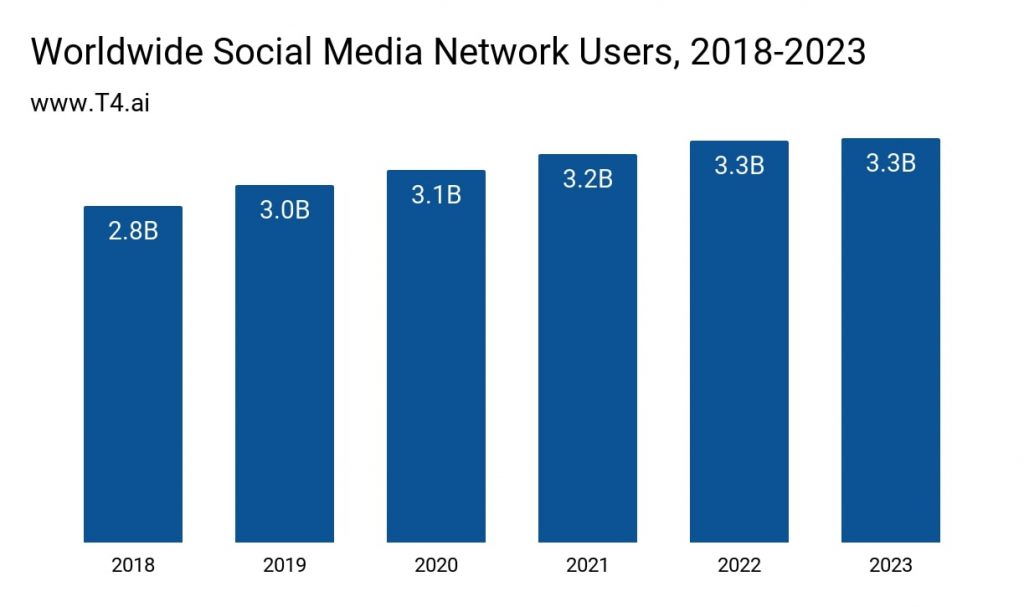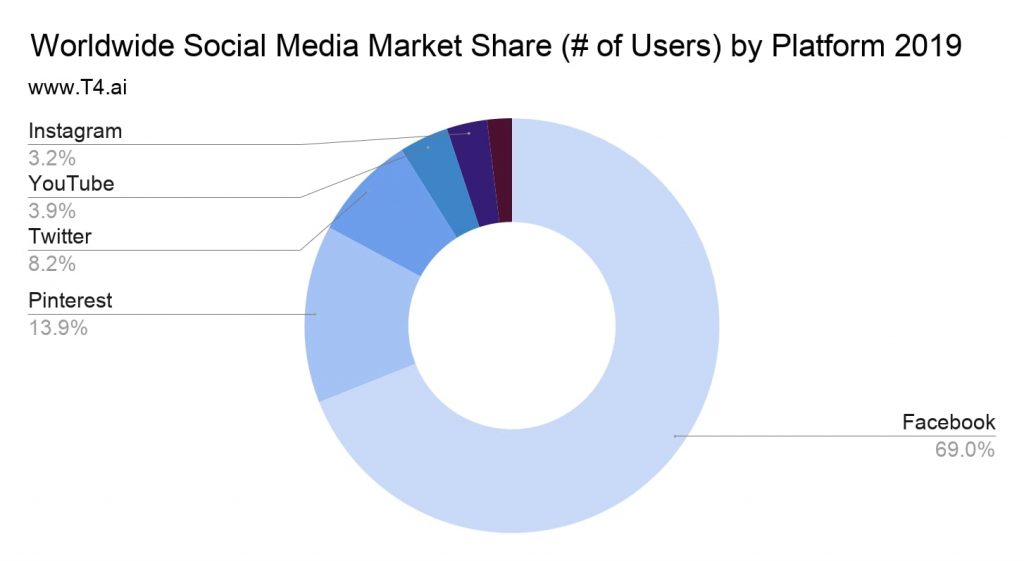These past few years headlines have been detrimental to Facebook, Instagram and Twitter ads market shares, caused by legal struggles and privacy issues all the way to the American congress. Claims during the past elections and even during the pandemic in terms of censorship. There is no doubt viewership of Facebook has dropped hence ad revenues. Marketing agencies have taken notes and are turning to more stable and more efficient venues to reach their target markets.

For instance, network speeds, access, mobility, and online browsing standards have evolved over the years. For the past 20 years the dot com domain has remained the reference for businesses. Making use of various TLD (top level domain) extensions as the available dot com names have become rare.
Legacy Websites
First generation of websites made completely with the Adobe Flash animation in the late 90’s and then websites in the 2000’s made with elements that required an Adobe Reader are all discontinued and are not supported by today’s browsers.
Browsers Recommendations
The most popular browsers by users are Chrome, Firefox, Edge and Safari. Google guidelines for best user experience have forced all websites to adapt over the years to the latest requirements. For instance Mobile First Indexing announced by Google has put emphasis on all websites being designed or redesigned with the latest coding standards.
Google has as well announced that they will no longer index or more precisely not show in search results websites that are not secured with HTTPS encryption.
Although it is not a ‘fatal’ criteria, Google said that websites which are too slow to load will also lose value in terms of viewer experience therefore they will take a back seat on more efficient websites.
Keyword Fight for First Position
The intense race of all search engine optimization experts in the 2010’s for discovering Google criteria algorithm and implementing strategies for gaining position in Google results pages lasted years. Until Google has become more open in providing clear answers on the importance of on page keywords placements. Of course avoiding divulging the continuously changing 200 plus criteria algorithm which will remain secret. Meta tags have therefore evolved over the years where actual keywords in meta tags are no longer required.

Website Optimization for Marketing
As on page keywords are no longer an accurate way of establishing authoritativeness of a page, Google announced to put more value to E.A.T. (Expertise, Authoritativeness, and Trustworthiness) and ‘Web Core Virtals’.
Google Core Web Vitals are performance metrics that can be measured and provide a sense of how people experience a website. Those metrics provide specific data points to improve the overall user experience on a website. When a visitor has a better experience it is more likely it will remain longer and not bounce out of the site, which is understood by the algorithm as a sign that the viewer has found the information looked for. Which in turn provides a sign to Google that the link provided for the query is accurate and relevant.

Local Indexing
As Google from day one has been a global tool for web search it is clear that the global reach and the billions of pages it index on a daily basis, its algorithm has of course adapted to relevancy in terms of term query and location in providing the most relevant search result.
Searching for a white paper on a research topic or historical event or figure, region of the query request is irrelevant. But when it comes to local or language Google does distinguish the source of information and results provided.
Local Business Indexing
Google has put a huge emphasis on its ‘Google My Business’ service for an obvious reason. Accuracy of local results are very important for Google as most search queries are made via mobile browsing. According to a report from Hitwise, nearly 60 percent of all Online Searches are now carried out on a mobile device, with some sectors (Food and Beverage) reaching 72 percent.
To avoid false claims businesses are required to claim their own business listed using an actual letter mail with a confirmation code. Companies’ are expected to keep their account profile active, making use of contact information, reviews, photos, products, hours, and allow for quote requests.
Google has become very good at sorting actual authentic reviews and kept spam off of its platform. Spammers have plagued main review platforms like Yelp, TripAdvisor, and even G2 and Capterra biased to paid accounts. For online reviews the ‘last nail in the coffin’ comes from influencers and customers shedding light on brands using Amazon and eBay distributing products with cards asking customers to put a 5-star positive review.
Linkedin: Not so ‘New’ Kid on the Block
2021 has ended with Microsoft, the owner of Linkedin which announced Sales Solutions topped $1 billion in revenue. LinkedIn Sales Solutions global VP Alyssa Merwin wrote, “pandemic…building relationships and engaging with customers, sellers and marketers turned to us to help them uncover opportunities in new markets…all virtually.” The professional network said over one million sellers are using LinkedIn Sales Navigator.
Your Website Strategy for Business Growth in 2022
With an updated website which follows guidelines and latest recommendations, writing content to boost web traffic and generate new leads to meet sales goals.
Hero and above homepage fold the offer should be clear and explain the added value of your product or services. Blog posts, Q&A, and articles should be added regularly as well as videos when relevant to your business. Customized to your activity, interactive features like questionnaires, and forms will greatly help in the website user experience.
Takeaway
The key for gaining exposure and reaching higher position in Google search results, is to understand that a company’s website should follow guidelines of course but more importantly continuously be active by adding new authentic and relevant content on a regular basis as it should be part of the overall strategy.

